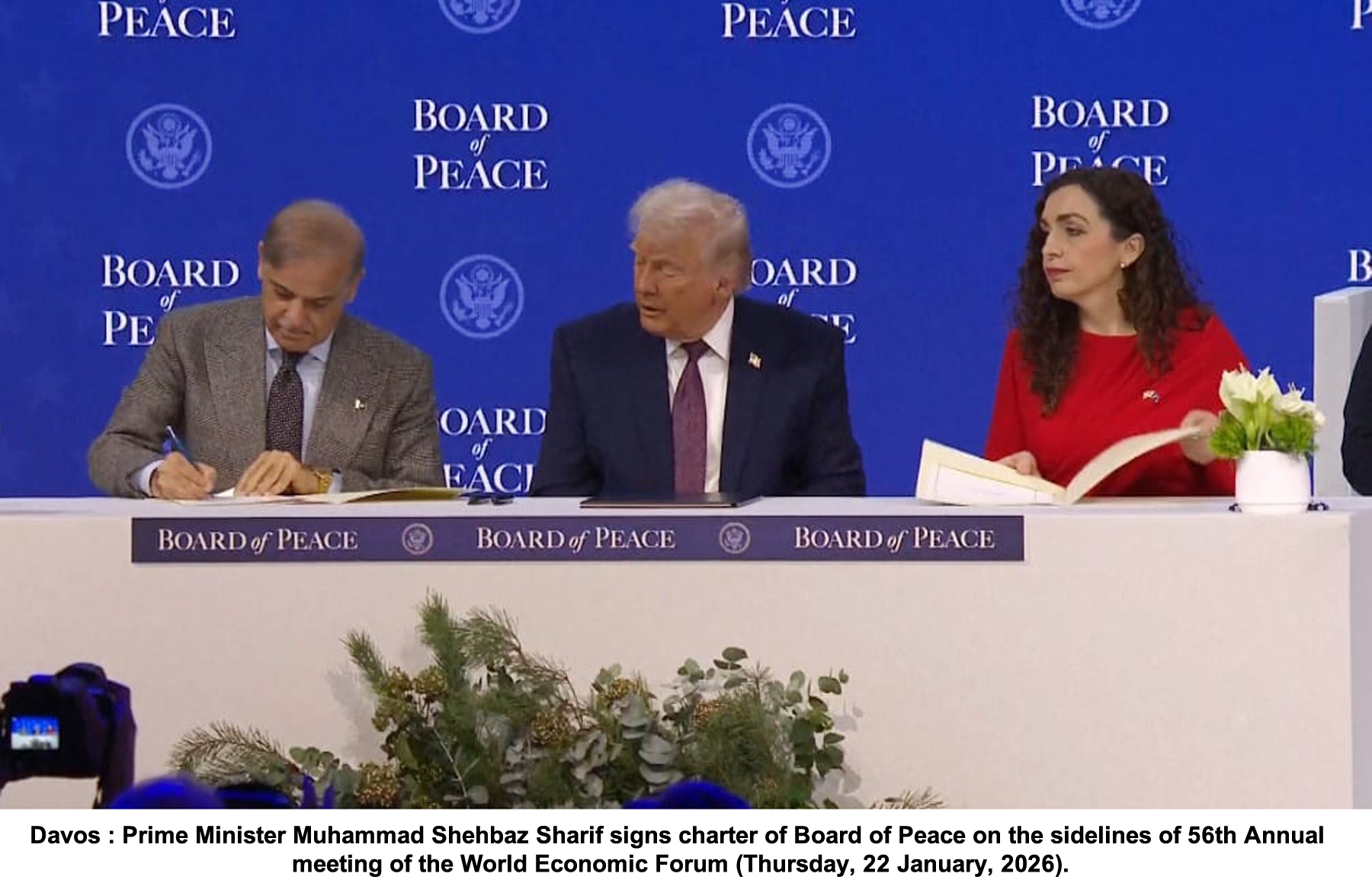Speaker can’t reject no-trust motion even if he refers to Article 5: CJP
Spokesman Report
ISLAMABAD: The Chief Justice of Pakistan Umar Ata Bandial on Tuesday said that constitutional orders are above the rules of the national assembly. His remarks came during the hearing of the case filed against the “unconstitutional act” of the National Assembly Deputy Speaker Qasim Suri, who had disallowed the vote of no-confidence against Prime Minister Imran Khan on Sunday — a move that the Opposition said was a blatant violation of the Constitution.
A five-member larger bench of the apex court, headed by Justice Bandial and comprising Justice Muneeb Akhtar, Justice Aijazul Ahsan, Justice Mazhar Alam, and Justice Jamal Khan Mandokhel resumed the hearing this afternoon. ISLAMABAD (Dunya News) – Supreme Court of Pakistan has adjourned hearing on suo moto notice over political situation of the country arising after Deputy Speaker rejected no-confidence motion against Prime Minister Imran Khan.
A five member larger bench of the apex court headed by Chief Justice Umer Atta Bandial heard the case in federal capital.
During the hearing, PPP Senator Raza Rabbani said that this is a civilian coup. A stance was created through an alleged cable which is based on malafide intent, the Senator said, adding that the no-confidence motion against the prime minister was tabled on March 28 but the NA session was adjourned. He maintained that Suri gave the ruling without putting the documents before the parliament on Sunday. He argued that Rule 28 says the deputy speaker cannot give a ruling even if he has the authority.
“Deputy Speaker’s ruling is illegal and o-trust motion cannot be rejected without voting on it,” Rabbani said. He further stated that the deputy speaker’s ruling doesn’t have constitutional security under Article 69. Rabbani concluded saying that they want that the arguments are completed and the court issues a brief order today. After Rabbani, PML-N’s counsel Makhdoom Ali Khan presented his arguments.
As per the rules, the counsel pointed out, a debate on the no-trust move was supposed to be conducted on March 31. “But a debate was not held,” he said, adding that voting was also not conducted on April 3. He noted that according to the no-confidence motion, the prime minister had lost the confidence of the majority of the National Assembly. “Shehbaz Sharif had submitted the motion as per the rules of business,” he said, adding that the NA session was adjourned till April 3 without conducting any proceedings, he said.
Here, the CJP asked how the session was adjourned and inquired if anyone had shown up from the speaker’s side. The court then summoned the record of the speaker and of the NA session held on April 3. The PML-N’s counsel also said that the deputy speaker did not give the opposition a chance to speak during the session held on April 3 and gave the floor to the former information minister. At that, Justice Akhtar said that the process of the no-confidence motion was underlined in the rules of procedure, not the Constitution. However, Khan argued that rules were formed on the basis of the Constitution.
Justice Munib questioned how voting not being held was a violation of the Constitution. “The Constitution says voting should take place within seven days,” he observed, asking whether it would be a violation if voting was held on the eighth day. Supreme Court Bar Association (SCBA) has also filed a petition in the Supreme Court on the constitutional crisis.
The constitutional petition filed by SCBA states that a voting of no-confidence motion was a must, and the speaker cannot cancel the voting by a ruling. On Monday, the apex court heard the arguments by PPP s counsel Farooq H Naek who contended that Suri s ruling in Sunday s session was meant to deliberately avoid the voting process in the Assembly.






